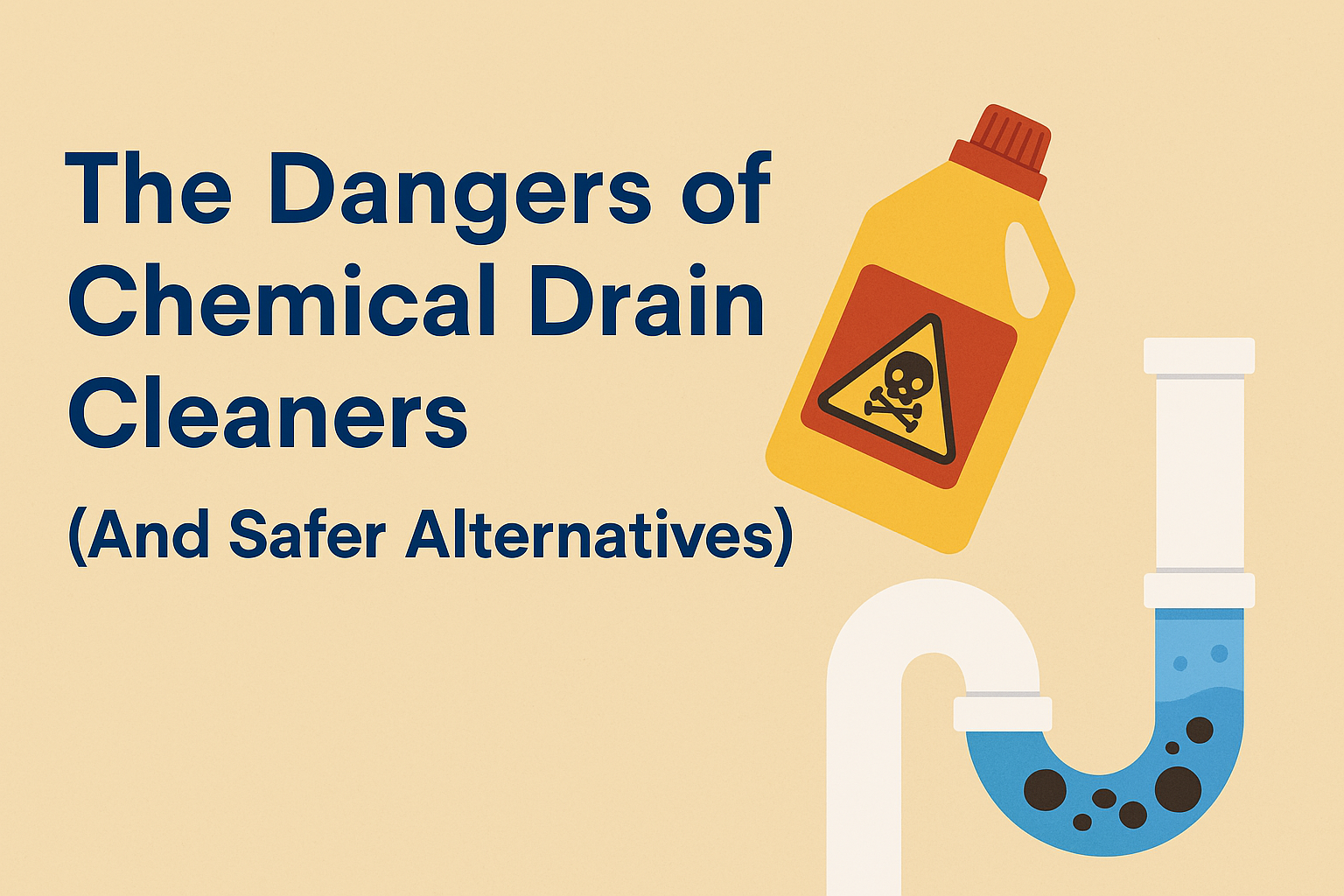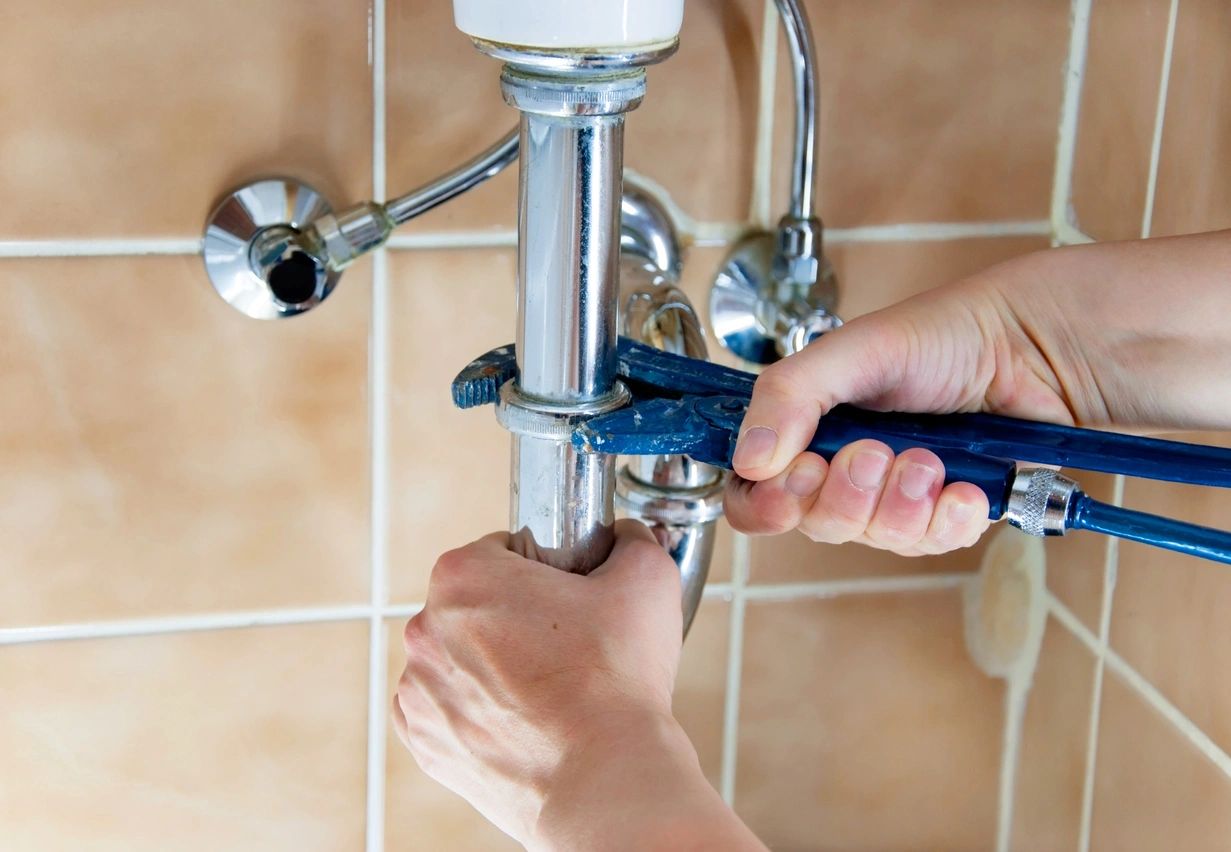In bustling restaurants and commercial properties, the plumbing system works harder than in most other settings. Keeping it in good condition is vital not only to avoid disruptive breakdowns but also to ensure compliance with local health regulations. From restaurant drain cleaning to grease trap maintenance, a proactive approach to plumbing upkeep can prevent major issues and keep everything running smoothly. Here are seven essential tips to help restaurant owners and commercial property managers stay ahead of plumbing problems.
1. Schedule Regular Drain Cleaning
With the heavy use of sinks and dishwashers, commercial drains can quickly accumulate food particles, grease, and debris. To prevent clogs and slow drains, establish a routine for restaurant drain cleaning. Using professional-grade equipment, plumbers like Super Duper Pros can thoroughly clean and remove any buildup in your pipes, ensuring optimal drainage and preventing potential backups. Not only does this minimize disruption, but it also helps your property stay in compliance with local regulations regarding sanitation and plumbing.
Explore Super Duper Pros’ commercial plumbing services for more information on drain cleaning for restaurants and other high-traffic businesses.
2. Perform Routine Grease Trap Maintenance
In restaurants, grease trap interceptors are indispensable for capturing grease and oil, which can otherwise clog pipes and cause serious issues. Grease trap maintenance involves regularly cleaning out these interceptors to prevent blockages. Failing to maintain a grease trap can lead to backups, foul odors, and even health code violations. For effective grease trap cleaning:
- Schedule cleanings every one to three months, depending on your usage and local health requirements.
- Have a licensed plumber inspect the trap periodically to ensure it’s functioning efficiently and compliant with codes.
- Avoid pouring oils or grease down the drain, as even small amounts can cause issues over time.
Keeping up with grease trap maintenance not only prevents unpleasant surprises but also keeps your establishment compliant with regulations. Learn more about why grease traps matter from the EPA’s guide on commercial grease traps.
3. Check and Maintain Floor Drains
Floor drains in commercial properties often bear the brunt of spills, leaks, and cleaning chemicals. Over time, debris and grime can build up, leading to clogs and slow drainage. Regularly inspect and clean floor drains, particularly in kitchens and bathrooms, to avoid backups and ensure quick water removal in case of spills or flooding. You can use a drain cover to catch debris, which makes routine cleanings simpler. For deeper cleanings, a plumbing professional can use high-pressure water jetting to clear out accumulated grime.
4. Inspect Restroom Fixtures
With the constant use of restrooms in commercial properties, wear and tear is common on fixtures such as faucets, toilets, and urinals. Regularly inspect these fixtures for leaks, cracks, or other issues. Dripping faucets or running toilets not only waste water but can also increase your water bill. A quick inspection each week can help you identify small issues before they turn into larger, more expensive repairs. Additionally, ensuring proper restroom maintenance boosts the overall image of your business and keeps customers satisfied.
5. Educate Staff on Proper Waste Disposal
One of the simplest ways to maintain commercial plumbing is to educate staff about what can and cannot go down the drains. In restaurant settings, remind kitchen staff to avoid disposing of food scraps, oils, and other debris down sinks. By training employees on proper waste disposal, you can reduce the frequency of clogs and improve the longevity of your plumbing system. Additionally, provide clear signage in restrooms and kitchens to remind staff of proper disposal practices.
6. Prepare for Common Plumbing Emergencies
Even with regular maintenance, plumbing emergencies can happen. Here’s what to do in case of common issues like burst pipes or severe clogs before help arrives:
- Burst Pipes: Immediately turn off the main water supply to prevent flooding. Place towels or buckets to contain the water, and call a licensed plumber as soon as possible. Super Duper Pros offers emergency plumbing services tailored for high-traffic businesses like restaurants, ensuring minimal downtime.
- Severe Clogs: Use a plunger to try and dislodge the clog. Avoid using harsh chemical drain cleaners, as these can damage commercial pipes over time. If plunging doesn’t work, a professional drain cleaning may be necessary to clear the clog effectively and safely.
For more guidance on handling plumbing emergencies, check out this quick guide from the Red Cross.
7. Choose a Reliable Commercial Plumbing Partner
Having a trusted plumbing company on speed dial can make all the difference in maintaining your business’s plumbing system. Companies like Super Duper Pros specialize in commercial plumbing and offer customized solutions, from regular inspections to emergency repairs. Not only will they keep your plumbing in excellent condition, but they’ll also ensure that all work complies with local regulations, helping you avoid fines or other complications.
Partnering with a reliable plumber also means you have access to expert advice on when and how often to clean drains, service grease traps, and inspect for potential issues. You’ll have the peace of mind that comes from knowing your plumbing system is in capable hands.
Final Thoughts
Regular plumbing maintenance in restaurants and commercial properties is essential to avoid backups, costly repairs, and health code violations. From grease trap maintenance to routine restaurant drain cleaning, taking proactive steps ensures your plumbing system stays reliable, compliant, and efficient. Equip your staff with basic maintenance knowledge and establish a relationship with a trusted plumbing company like Super Duper Pros to keep everything flowing smoothly. With the right approach to plumbing maintenance, you’ll not only enhance your business’s reputation but also reduce long-term expenses and downtime.



